order histories, retained contact details for faster checkout, review submissions, and special promotions.
Forgot password?
order histories, retained contact details for faster checkout, review submissions, and special promotions.
Locations
Orders Processing,
Shipping & Receiving,
Warehouse
2 Shaker Rd Suites
B001/B101
Shirley, MA 01464
Production Lab
Floor 6, Suite 620
20700 44th Avenue W
Lynnwood, WA 98036
Telephone Numbers
Tel: +1 (206) 374-1102
Fax: +1 (206) 577-4565
Contact Us
Additional Contact Details
order histories, retained contact details for faster checkout, review submissions, and special promotions.
Forgot password?
order histories, retained contact details for faster checkout, review submissions, and special promotions.
PRKY
protein kinase, Y-linked, pseudogene
PRKY is similar to the protein kinase, X-linked gene in the pseudoautosomal region of the X chromosome. The gene is classified as a transcribed pseudogene because it has lost a coding exon that results in all transcripts being candidates for nonsense-mediated decay (NMD) and unlikely to express a protein. Abnormal recombination between this gene and a related gene on chromosome X is a frequent cause of XX males and XY females.
| Gene Name: | protein kinase, Y-linked, pseudogene |
| Family/Subfamily: | Protein Kinase , cAMP |
| Synonyms: | PRKY, PRKXP3, PRKYP, Protein kinase, Y-linked, Protein kinase Y linked |
| Target Sequences: | NM_002760 NP_002751.1 O43930 |
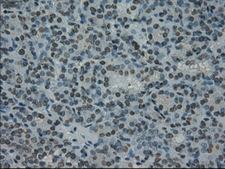
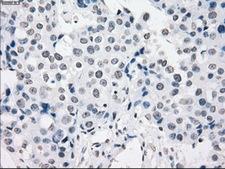

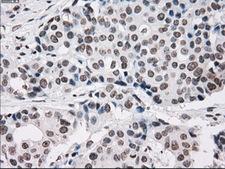
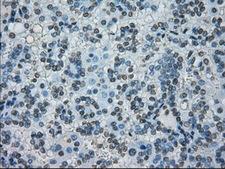
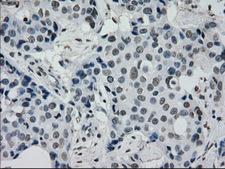
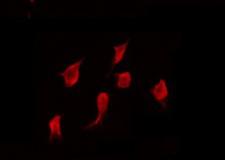
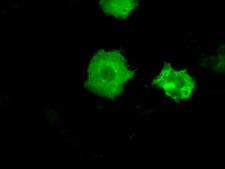



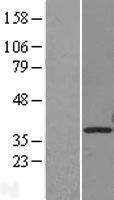

If you do not find the reagent or information you require, please contact Customer.Support@LSBio.com to inquire about additional products in development.









